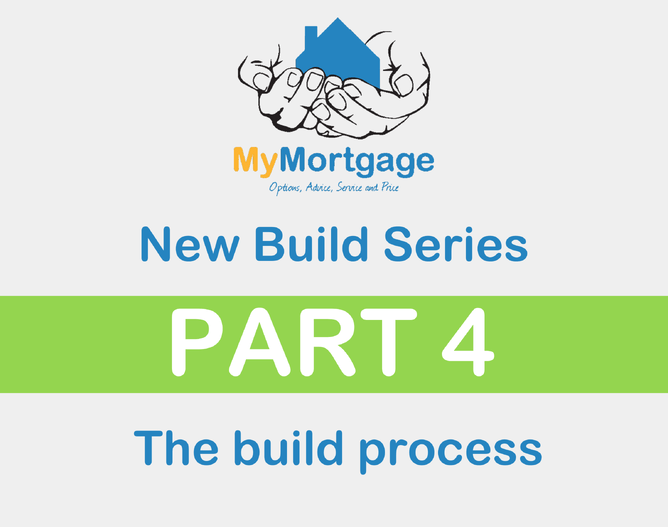Planning
Like buying any kind of home, you need to have a plan. Where do you want to build, what type of house do you want to build and what is your budget?
A good place to start is with your mortgage advisor. Firstly, what can you afford? This will narrow your options down a bit and will give you an idea about what is realistic.
Once you have a pre-approval you will be ready to go and approach a builder about the best way to build your new home. Keep in touch with us once you’ve been in touch with a builder so that we can liaise with them.
Registered Valuation
Depending on the type of build and your financial situation, the bank will require a valuation as to the current value of land and what the valuation will be once the house is built. Your mortgage adviser will arrange this and typically costs between $900 and $1300. The valuer will require the house plans to be able to value the property so this cannot happen until the plans and specifications are received from the builder.
Deposit & Build Contract
Here is when you sign your build contract which should outline the cost and time frame to build, amongst other things. It’s the agreement between you and the builder to agree on how the home will be completed.
You will need to pay a deposit on signing the contract and you will need to be able to pay the deposit out of your own funds, as the bank will not release funds until council consents are in place.
Once the deposit is paid, the builder will submit plans to council for approval and consent. This normally takes 30-60 days.
Accept Loan Offer
At this stage, we will have a valuation, council consents, builders risk insurance and a signed contract and you will be ready to accept a loan offer from the bank and you’re all set to start the build.
Start Build & Progress Payments
An exciting milestone is seeing the build get started! As the build progresses, you will begin to draw down your loan. For example you may pay a progress payment when the excavation is complete, foundations are poured, framing goes up etc.
The progress payments and stages will be outlined in the build contract and your mortgage advisor will arrange for each of those payments to be made between the bank and the builder.
The loan will be on a floating rate at this point and you will generally only pay interest rather than principal and interest to keep the cost down while building.
Completion, Code of Compliance and Move In
Once your house is completed and code of compliance issued, the bank will release the last progress payment and you will be ready to move in!
At this stage your mortgage advisor will discuss the loan structure moving forward and how it fits your situation best.

